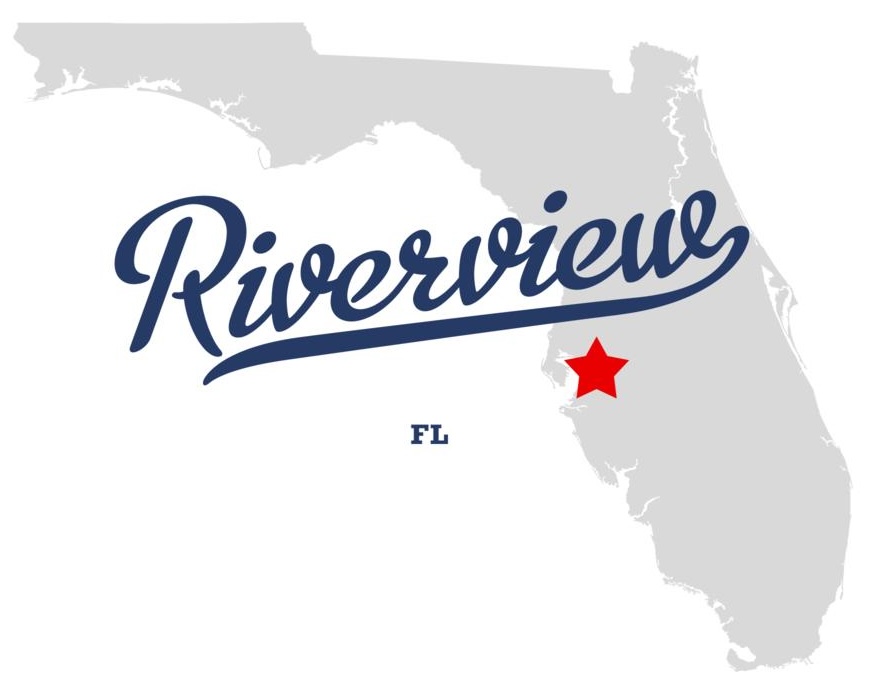
It seems we can always count on seeing a higher insurance bill at every renewal date. Even the best of drivers find this to be true.
Insurance carriers have a number of reasons to increase rates. One is economic. Just as you are paying more money for necessities such as groceries, household goods, durable goods, automobiles, college tuition, gasoline and all those increasing costs, so does your insurance carrier. Remember the basic description of insurance: a shared risk.
Insurance companies face increased costs in office space costs, claim payouts, software, salaries,reserves – a sticky cost mandated by the government, and other known or estimated needs. In a world with new smaller carriers emerging, bringing fierce competition, your insurance company competes to keep up. But they are mandated to ‘share a risk’ with you when they issue a policy to you.
Every time a claim is opened, a company’s computers set an ‘opening reserve’ on the claim. A simple example: their insured struck a deer. When the claim is reported, the computer immediately ‘corrals’ an amount of money, based on year, make, and model of your vehicle, and the estimated amount of damage incurred. These reserves will not remain the same. These are the average costs of repairing this specific vehicle for the estimated damages. Statisticians keep these amounts current and the information entered for a new claim is based on calculated expectations. After the adjuster begins investigation, those amounts will be changed, based on details she gains in her investigation. Nonetheless, reserved amounts, at any given time, can affect costs.
Insurance rates are also based on where we live and drive. If your neighborhood is high risk for theft, your rates may increase. If your car is typically garaged at home, your first party coverages (Comprehensive and Collision) may be reduced somewhat. The number of miles you drive will affect your rate: the more your insured vehicle is exposed to possible damages, the more you are apt to travel through areas with high traffic and high accident rates, the greater your premium may be.
Another example that sounds unfair is the increased cost of litigation. Litigation rarely takes place in a claim where only property damage exists; primarily in bodily injury claims. Even in cases where suit is not filed and a staff attorney is not involved, soaring medical costs affect not only the amount of reserves that are set for a claim but for potential payouts in claims for Bodily Injury.
Is there a solution? Somewhat.
Review your declarations page of your policy throughout the policy period, and certainly at the time of renewal. Consider whether you can decrease certain coverages: perhaps your children are on their own and no longer to be listed as drivers; can you use public transportation for your work commute? If you have an agent, discuss your policies with her; determine where savings can be made without increasing your personal exposure unreasonably. Make thorough and honest evaluations of whether that brand new vehicle is necessary. Take a Safe Driving course every year, and make sure your carrier gets a copy of the certificate each year.
-
April 19, 2024
Personal Injury Cases in Deltona, Florida -
April 19, 2024
Post-Car Accident in Deltona, Florida -
April 19, 2024
Legal Fees in Riverview, Florida -
April 19, 2024
Slip and Fall Cases in Riverview, Florida
Contact Us
About Your Case
We're ready to fight on your behalf. Request a free, no-risk consultation with our attorney's today.




